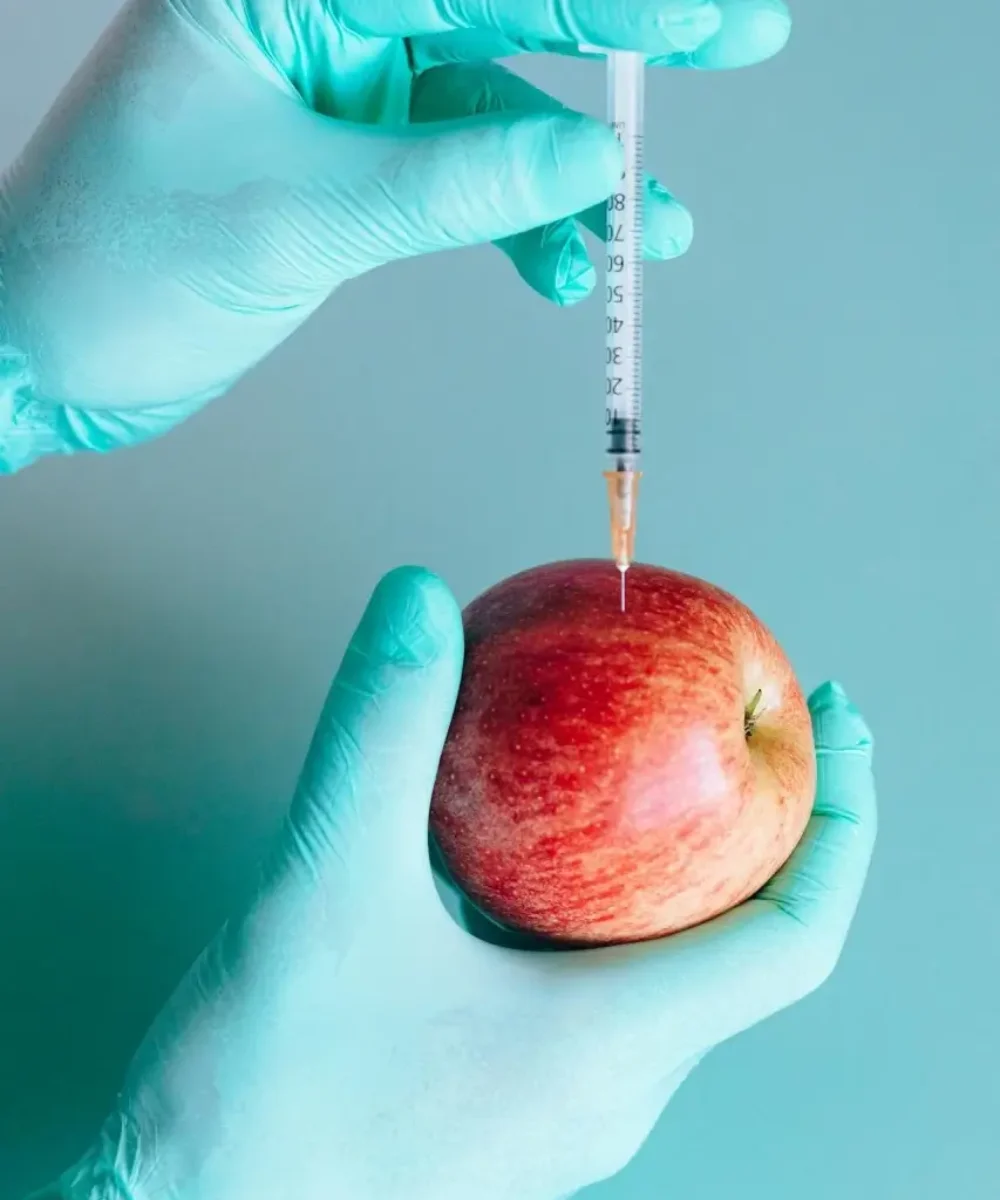
Routine Immunizations
At Riviera Medical Center we offer routine immunizations for children in Texas. They are an essential part of children’s healthcare scheduled to protect them from different infectious diseases like measles, mumps, rubella, and more. Moreover, they are required by the Centers for Disease Control and Prevention and the Texas Departments of State Health Services. The administration of these vaccines helps ensure that children develop immunity before they are exposed to potentially serious illnesses. Vaccinating your child at appropriate ages is vital not only for their health but for community immunization as well. At our clinic, we encourage parents to learn about the vaccination schedule so as to promote a healthier future for their families and the community as a whole.
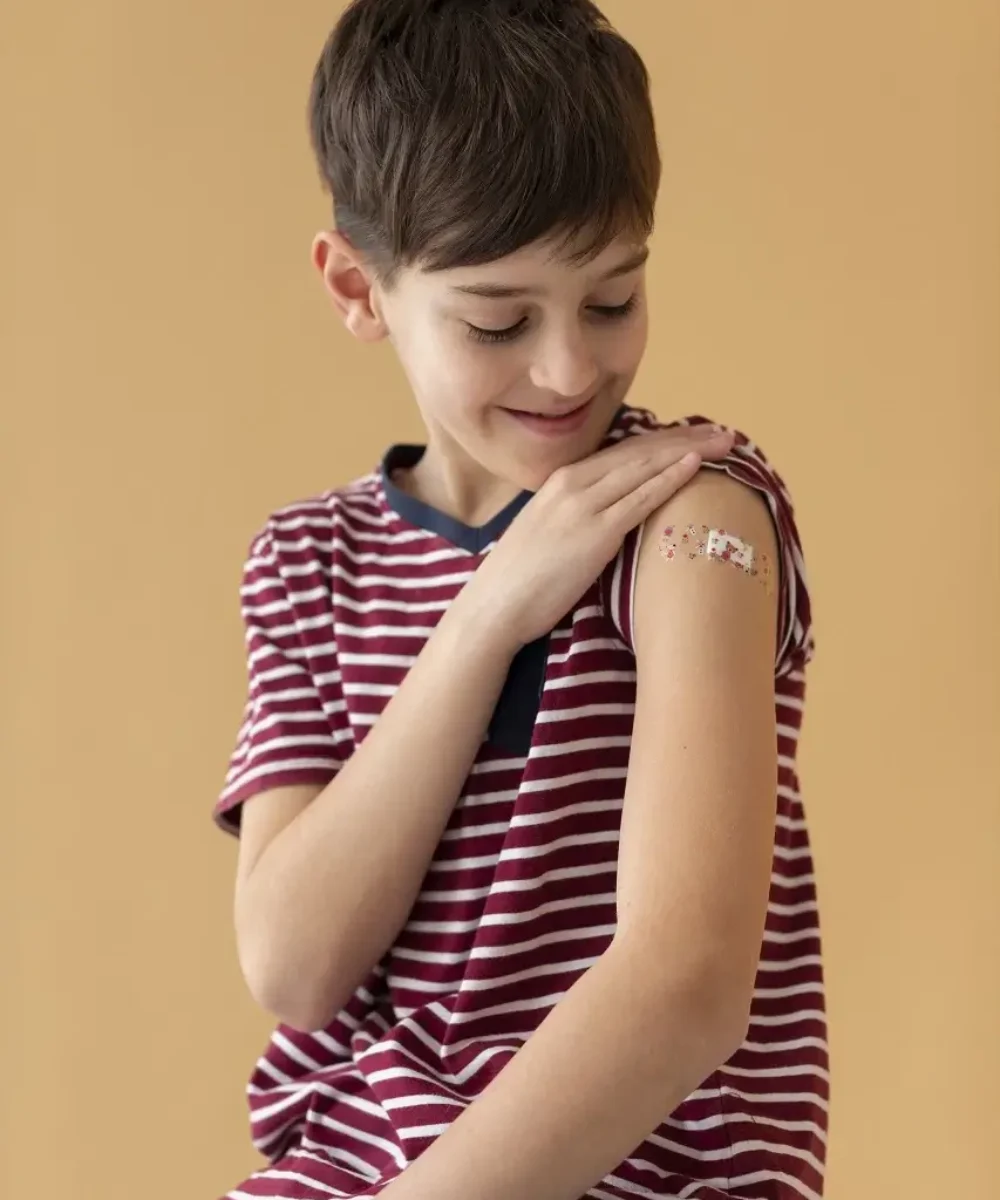
Influenza Vaccination
Influenza vaccination is a critical annual immunization recommended for children to protect against seasonal flu outbreaks. The flu can lead to severe illness, complications, and even hospitalization, particularly among young children. In Texas, the influenza vaccine is typically recommended for all children aged six months and older, with specific guidance on the timing and type of vaccine. Administering the flu vaccine before the onset of flu season—usually in the fall—helps ensure that children have adequate protection. The vaccine is available in both injectable and nasal spray forms, providing options for families. Public health campaigns emphasize the importance of the influenza vaccination, not only for individual health but also for preventing the spread of the virus in schools and communities. By encouraging widespread vaccination, Texas aims to reduce flu-related morbidity and mortality, ultimately promoting healthier communities and safeguarding vulnerable populations.
Influenza Vaccination
As common as it may be, influenza affects millions of children every season and leads to hospitalizations for children who are not fully vaccinated. According to the CDC, Children younger than 5 years old—especially those younger than 2—, as well as children of any age with certain chronic health conditions are at higher risk of developing potentially serious complications. For those, it is vital to get a seasonal flu vaccine to help prevent it, and to reduce their risk of being hospitalized or dying if they do get sick. Vaccinating children against the flu helps prevent the spread of the disease in schools and communities, helping to reduce morbidity and thus promoting widespread health and protecting vulnerable populations.


Hepatitis B
Hepatitis B and hepatitis C are infections affecting the liver caused by easily spread viruses. They are especially dangerous because they can lead to serious, long-term illness. While there is no cure for Hepatitis B, there are ways in which it can be managed, and there is a vaccine to prevent children from getting it. As for Hepatitis C, there is no vaccine available, however, public health initiatives focusing on awareness and prevention are in place in Texas. Also, the Hepatitis B vaccine is part of the routine immunization schedule, typically administered to infants at birth, one month, and six months of age. At Riviera Medical Center, we encourage parents and guardians to consult with our healthcare providers to ensure their children are up to date on the hepatitis B vaccine and to discuss preventive measures regarding hepatitis C.
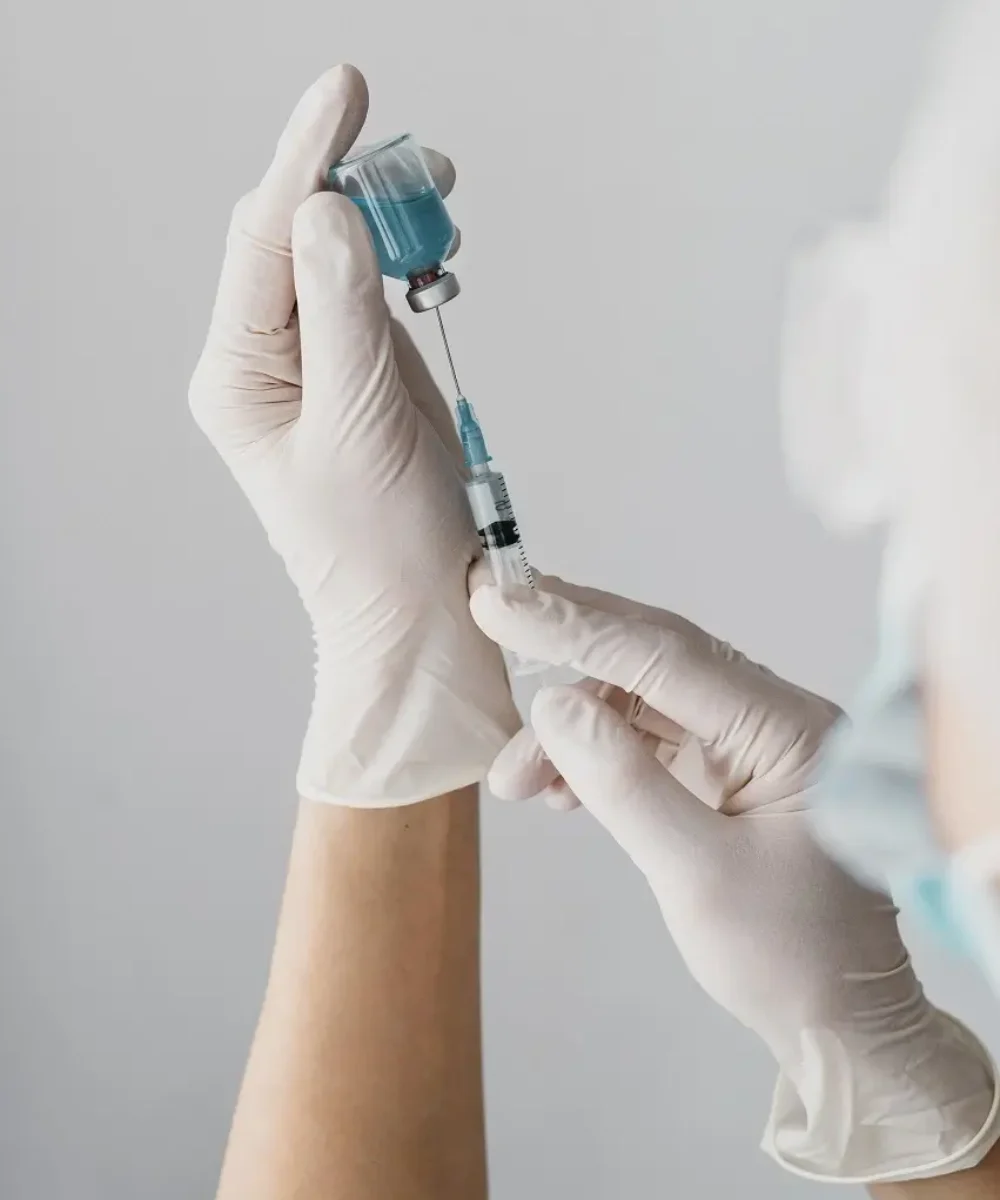
Varicella Vaccine
The varicella vaccine protects against chickenpox, a highly contagious viral infection that can lead to serious complications, particularly in young children. In Texas, the varicella vaccine is recommended for children, typically administered as a two-dose series: the first dose at 12-15 months and the second dose at 4-6 years of age. The vaccine significantly reduces the risk of contracting chickenpox and its potential complications, such as pneumonia and bacterial infections. Vaccination not only protects the individual child but also contributes to community immunity, reducing the overall incidence of the disease. Public health efforts in Texas emphasize the importance of timely vaccination and educating parents about the benefits and safety of the varicella vaccine. By ensuring widespread vaccination, Texas aims to eliminate chickenpox outbreaks and enhance the health and well-being of children across the state.
Varicella (Chickenpox) Vaccine
Chickenpox is a highly contagious viral infection caused by varicella-zoster virus (VZV). Symptoms include a rash, and the most common complications in children are bacterial infections of the skin and soft tissues. In unvaccinated people, varicella progresses rapidly to vesicular lesions. For this reason, the CDC has put in place a public health vaccination program since 1995. As a result, cases have reduced by 97%. The recommended program includes 2 doses of the vaccine for children and adolescents. For children, they should receive the first dose at age 12 through 15 months old and the second dose at the age of 4 through 6 years old.

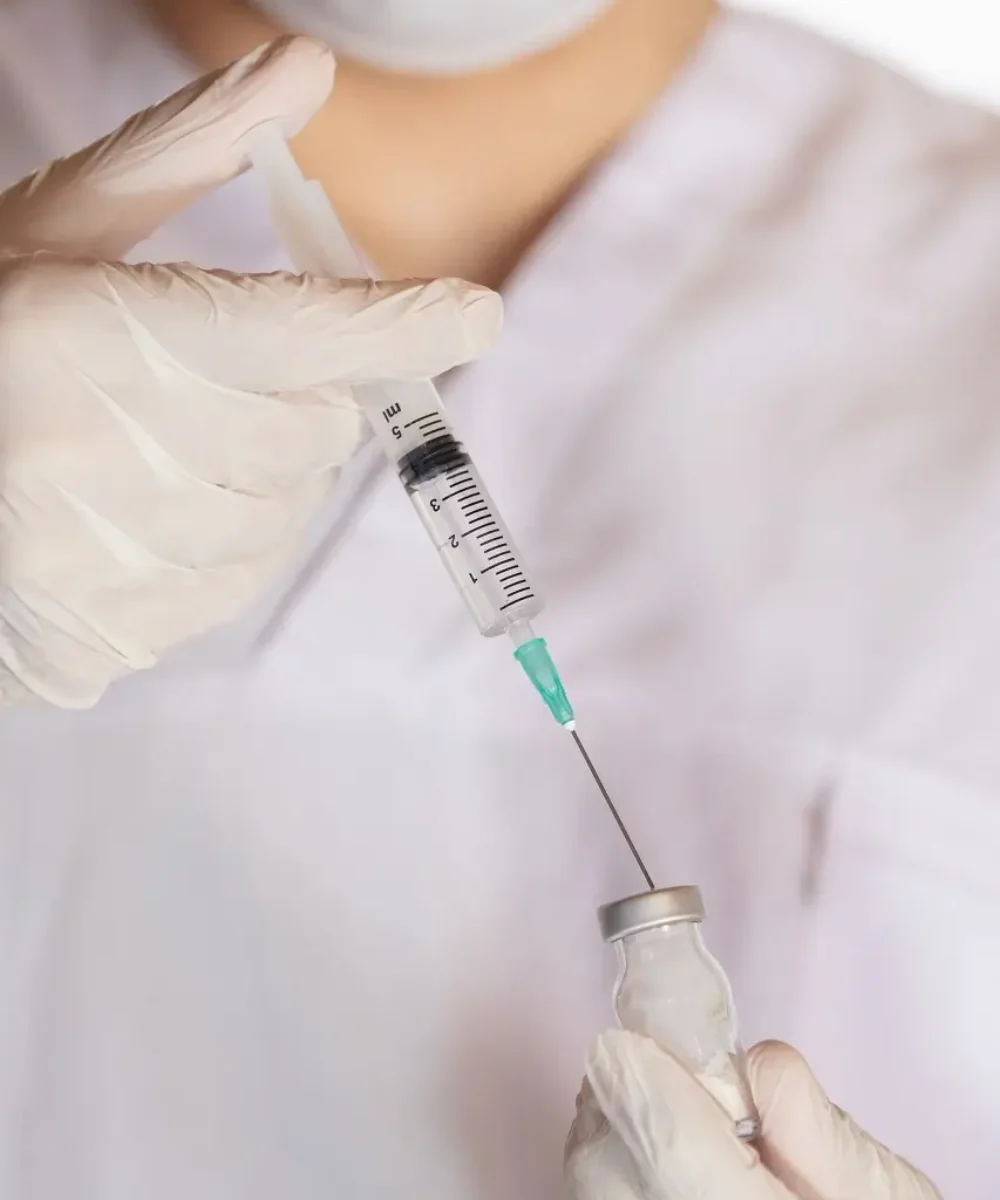
HPV Vaccine
The human papilloma virus (HPV) is a common virus that may provoke cancer later in life. Riviera Medical Center recommends following the CDC guideline of vaccinating children at the age of 11-12, with the option of starting at 9 years old. This is because the vaccine series is most effective when administered before the person is exposed to the virus, which is transmitted by intimate skin-to-skin contact. However, it can be administered later in life. Children who get the first dose before their 15th birthday need only 2 doses, while teens who get the first dose on or after their 15th birthday need 3.
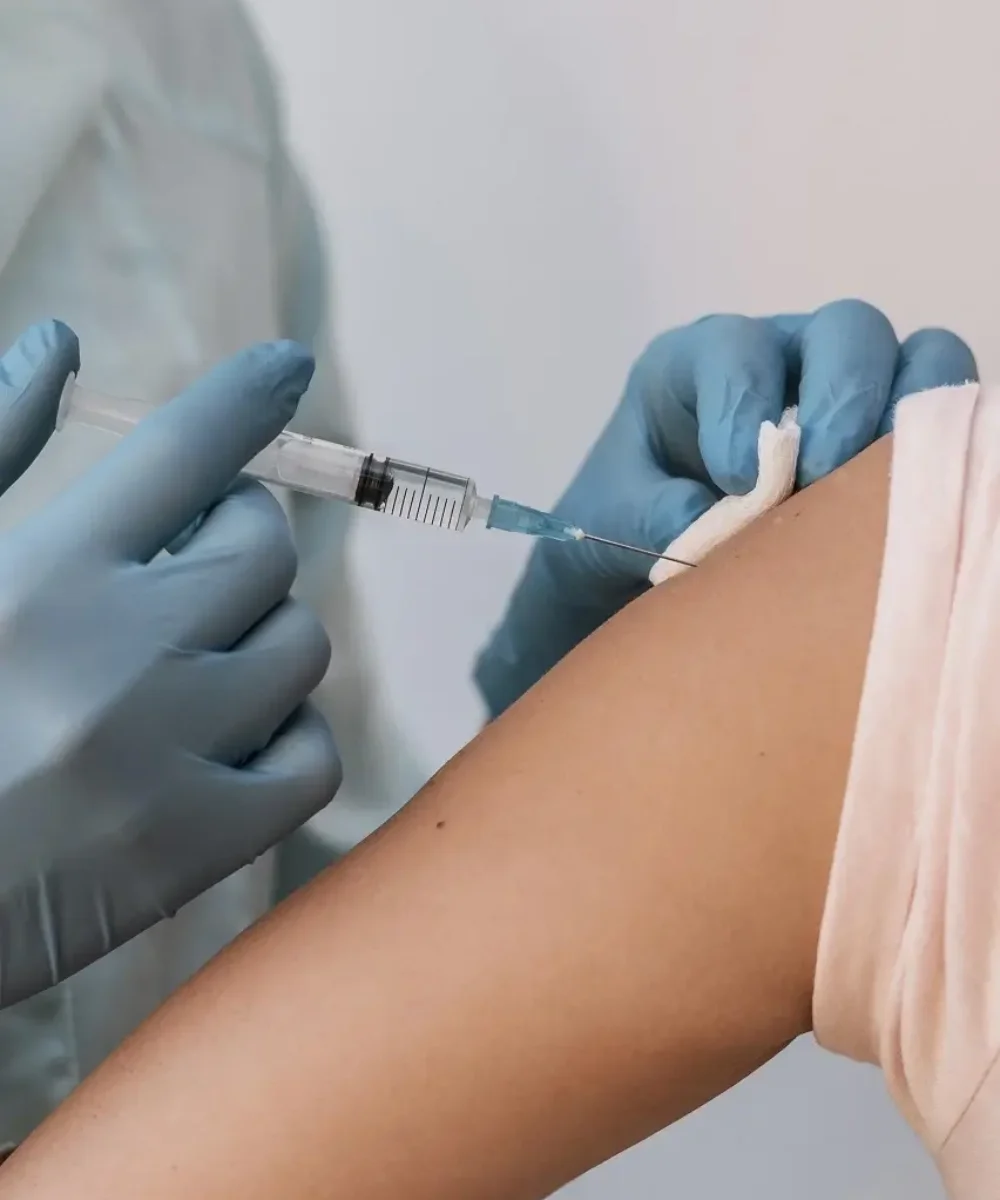
Polio Vaccine
The polio vaccine is a critical immunization that protects children against poliomyelitis, a potentially debilitating disease caused by the poliovirus. In Texas, the polio vaccine is part of the routine immunization schedule, typically administered in a series of four doses: at 2 months, 4 months, 6-18 months, and a booster dose between 4-6 years of age. The widespread use of the polio vaccine has led to a dramatic decrease in polio cases globally, making it essential for maintaining public health. Polio is highly contagious and can result in permanent paralysis; therefore, ensuring that children are vaccinated on time is vital for preventing outbreaks. Public health initiatives in Texas emphasize the importance of immunizing children against polio and educating parents about the vaccine’s safety and efficacy. By achieving high vaccination coverage, Texas aims to eliminate the risk of polio transmission and protect future generations.
Polio Vaccine
The polio vaccine is a vital immunization protecting children against poliomyelitis, a potentially devastating disease that can cause paralysis caused by the poliovirus. The Centers for Disease Control and Prevention (CDC) and the Texas Department of State Health Services (DSHS) recommend that all children receive four doses of the inactivated poliovirus vaccine (IPV) as part of their routine childhood immunizations. The aim to achieve total vaccination coverage, thus potentially eliminating polio transmission and protecting future generations.
The polio vaccine is very safe, and serious side effects are rare. Some people may experience mild soreness or redness at the injection site.

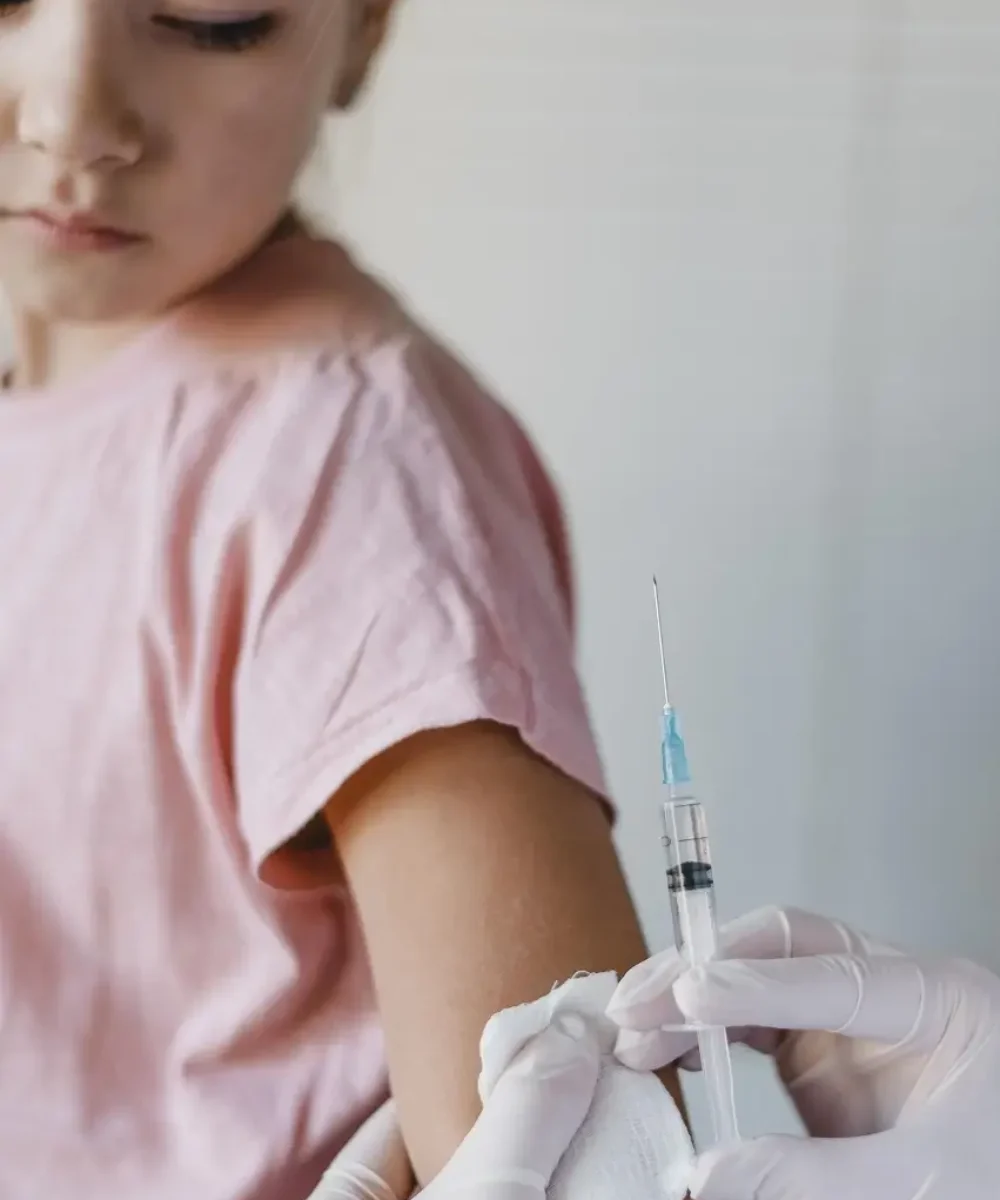
Pneumococcal Vaccine
Pneumococcal vaccines are vital to protect children against serious pneumococcal infections. Which include pneumonia, meningitis, and other bloodstream infections. It is typically administered in a series of four doses at 2, 4, and 6 months and a booster at 12-25 months. The Texas State Department of Health emphasizes the importance of timely vaccination so as to ensure widespread immunization. As a result, the pneumococcal vaccine can help prevent complications associated with these infections for the community as a whole.

Screening for Immunization Compliance
Screening for immunization compliance is a vital public health initiative aimed at ensuring that children are up to date on their vaccinations. In Texas, healthcare providers regularly assess vaccination records during routine check-ups and well-child visits to identify any missed immunizations or upcoming vaccines that are due. This screening process helps parents understand their child’s immunization status and emphasizes the importance of timely vaccinations to protect against preventable diseases. Compliance screenings are particularly critical before school entry, as many institutions require proof of immunizations for enrollment. Public health programs in Texas actively promote awareness about the benefits of vaccinations and the necessity of keeping immunization records current. By facilitating regular screening, Texas aims to improve vaccination rates, protect public health, and ultimately reduce the incidence of vaccine-preventable diseases within communities, contributing to overall community immunity.
Screening for Immunization Compliance
In Texas, screening for immunization compliance is primarily focused on children attending public and private schools, as well as childcare facilities. The Texas Department of State Health Services (DSHS) sets the immunization requirements for these settings, outlining the specific vaccines and doses necessary for students to attend school. These requirements are based on recommendations from the Centers for Disease Control and Prevention (CDC) and are designed to protect children from vaccine-preventable diseases. At Riviera Medical Center, we help parents understand their child’s immunization status and emphasize the importance of timely vaccinations to protect against preventable diseases. These screenings are especially important before the beginning of every school year, since many institutions require proof of immunization to enrol.

